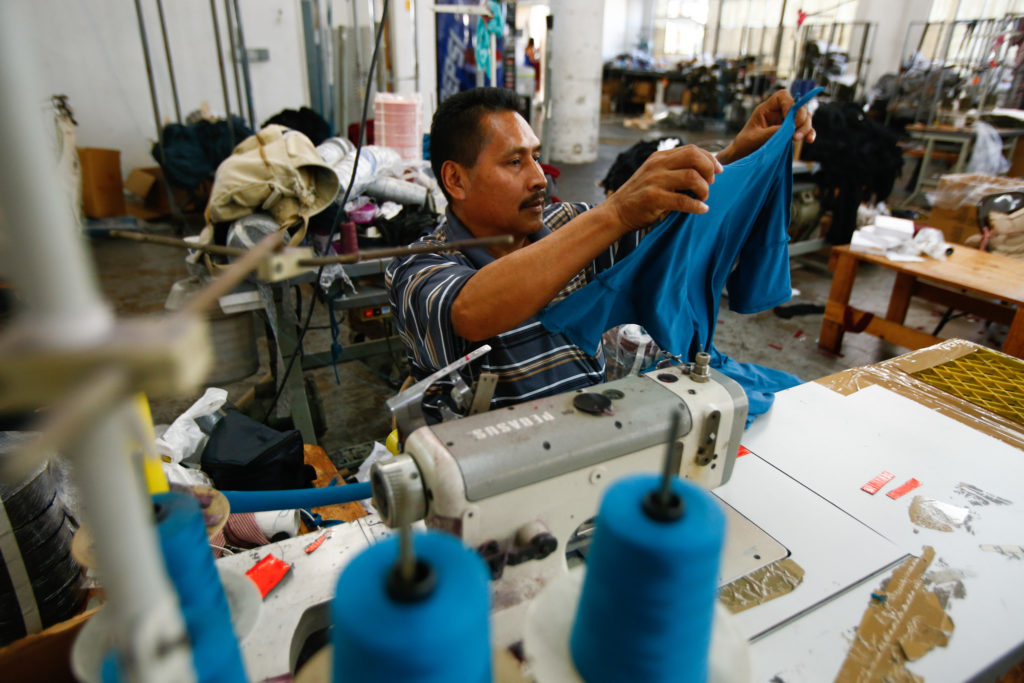Rare Victories for Garment Workers

I often talk about the horrors of the garment trade and how, despite the feelings of big time liberal Washington pundits, it is actually very bad that workers die making our clothing. So let’s also talk about the rare victory for garment workers. Of course, this victory is in the United States, which despite what most people think, still has sweatshops, mostly in California. But still, let’s note it.
After years of organizing, California garment workers have won their fight to pass SB 62 — the Garment Worker Protection Act. This bill bans the exploitative piece-rate system, which has kept garment workers earning below minimum wage by only paying them per piece of clothing produced rather than at a flat hourly rate. When operating under the piece-rate, garment workers made an average of $5 per hour, despite California’s $15 per hour minimum wage. This enabled employers to regularly commit wage theft and forced workers to take outrageously long shifts.
The bill also extends responsibility to brands in remedying cases of wage theft, rather than only holding the subcontractors accountable to replace workers’ stolen wages. Once the bill goes into effect at the start of 2022, any garment worker who is paid below the state minimum wage of $15 per hour will be able to file a report to the Labor Commissioner, who has the ability to issue stop orders and citations against brands which fail to pay workers the wages they are due.
The fight to pass the Garment Worker Protection Act was led by the Los Angeles Garment Worker Center, which worked in coalition with other state and national labor organizations to pressure the California state legislature into passing the bill. GWC spent the past two years organizing thousands of garment workers and allies in California, which they call the sweatshop capital of America. The campaign organized a series of speak-outs, rallies, and educational panels in support of the bill. Allied organizations, like United Students Against Sweatshops and ReMake, also engaged in call-ins and social media actions in solidarity with GWC leading up to the Senate’s vote. These efforts faced backlash from major apparel brands which would rather continue to pay the state’s 45,000 garment workers — a majority of whom are immigrant women of color — below minimum wage amidst a global pandemic.
Garment worker and GWC organizer Francisco Tzul stated: “This is the result of a lot of work and a lot of sacrifices that my fellow workers have made. We wanted to organize, but we were weak, and so many people felt like it was impossible. … To me, this is our David v. Goliath moment.”
Better move those jobs to Bangladesh!


